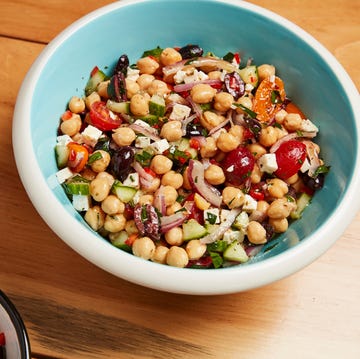Dieters who used pre-portioned packaged foods lost more weight than dieters who continued to prepare their own food, in a study published in the International Journal of Obesity.
Researchers recruited 120 obese adults and randomly assigned them to get advice on how to follow a 1,000-calorie-a-day diet or to use the Medifast 5 & 1 program, which also provided 1,000 calories a day. That programs allows participants to chose from 70 packaged meals to create five meals a day and to make one meal a day consisting of vegetables and protein. (The study was funded by Medifast.)
The groups followed their diets for a year. The first six months was a weight-loss phase, while the second six months was a weight-maintenance phase.
After six months, people who followed the Medifast program lost an average of 16.5 pounds, of which 14 pounds were fat, while people in the food group lost an average of 8.36 pounds, of which 8.14 pounds were fat. There were also greater decreases in waist circumference and cholesterol among those following the Medifast program.
At the end of the weight-maintenance period, people in the Medifast program had an average weight loss of 10.3 pounds, compared to an average 4.18 pound loss among people in the food group.
Sticking to the Medifast program made it harder for dieters to eat more calories than they should, according to lead author James Shikany. More broadly, Shikany says, a more regimented program (not just Medifast) can help people lose weight. One reason is the difficulty of accurately counting calories.
A few caveats: The study participants were enrolled in the Medifast program for free; typically it costs $300. Cost may affect its attractiveness.
Also, bear in mind that these diets were extremely low-calorie. It would be difficult to maintain a decent level of running mileage while on such a low-calorie diet.













